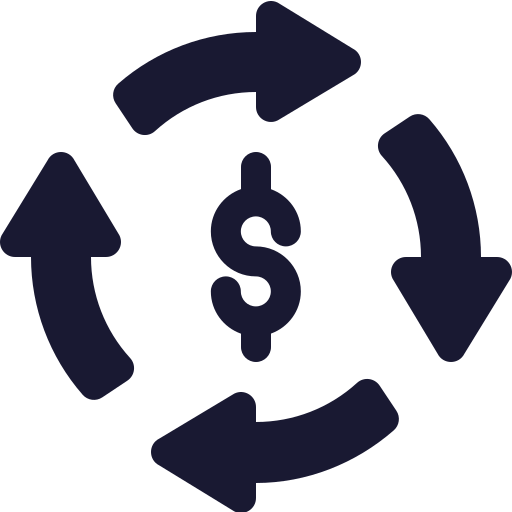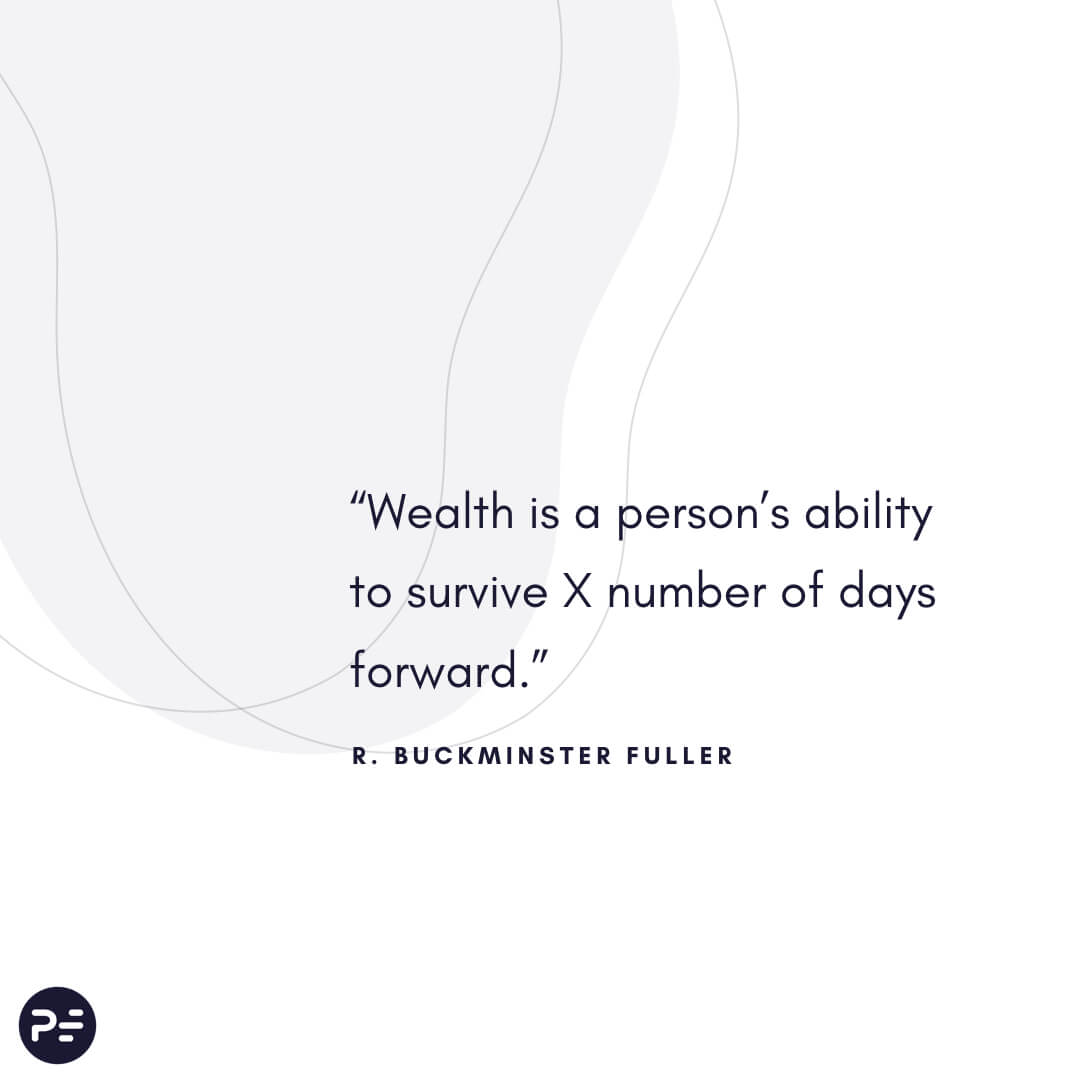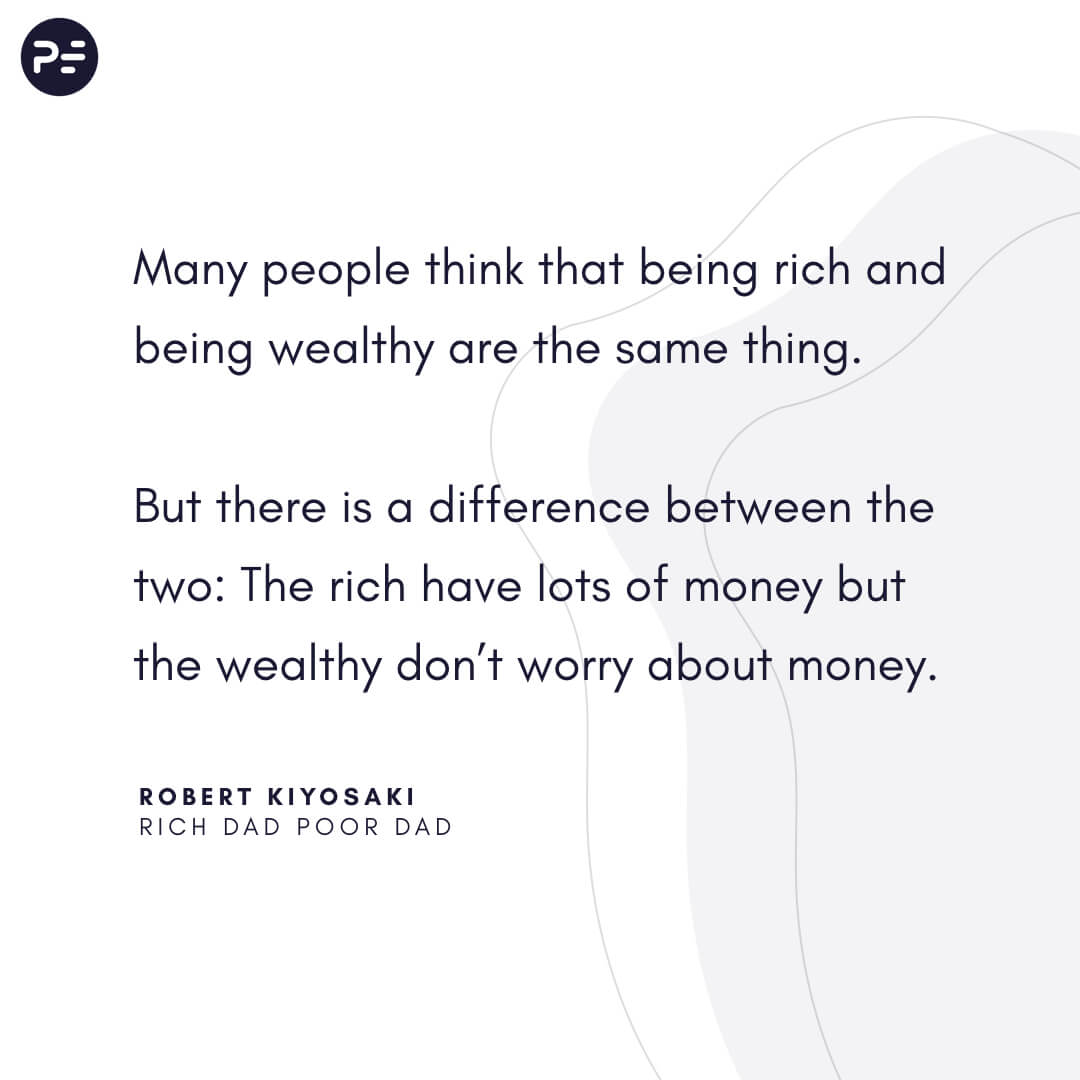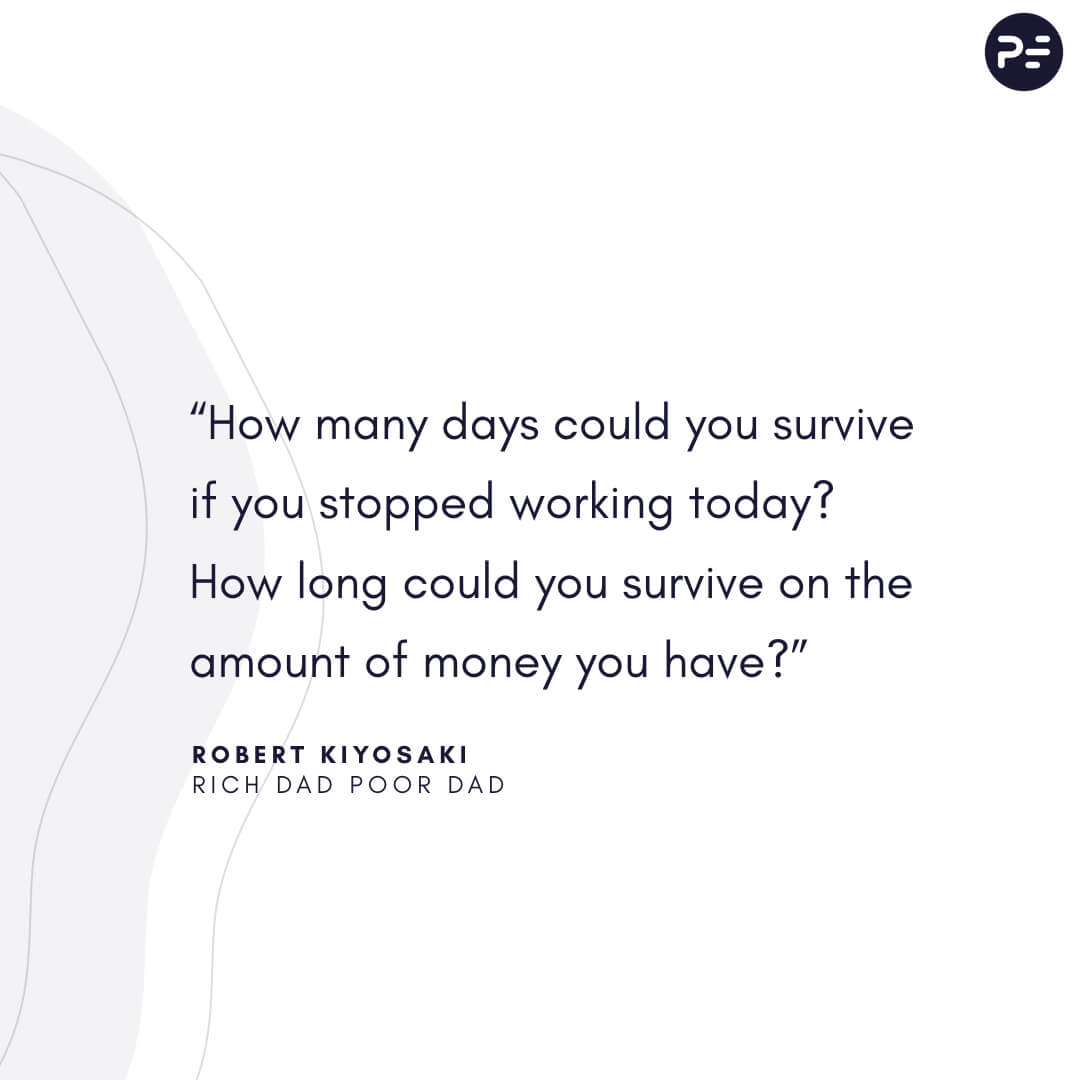Wealthy vs Rich: The Best-kept Secrets to Life-long Abundance
“Whenever we spend money instead of investing it, we are actually taking from ourselves—we are taking both the time we spent to make the money and the future freedom it can buy.” – Grant Sabatier
Wealthy vs Rich: The Best-kept Secrets to Life-long Abundance. Being rich and being wealthy has been loosely interchanged for the past few decades, with people not realizing that these two concepts have very glaring differences that can skyrocket your finances from average to life-long abundance. Today, we break down common money myths, the real difference between the wealthy and rich, and why it’s crucial that you strive to be the former rather than the latter.
What is the Main Difference of Rich vs Wealthy?
Introduction | Wealthy vs Rich
As physicians very much devoted to their duty and their craft, many doctors believe that as long as their salaries have enough digits in them, the rest will be history. This article will prove to you how there is so much more to being wealthy than that. Simply put, to be wealthy is to be financially free. It’s having more than what your daily expenses require. It’s being rid of the constant worry of not having enough. In order to get on the path to true wealth, first we must debunk common money myths that our society has perceived as true.
- As long as I have enough money in my bank account, I will do just fine.
- In a lot of respects, this seems to be a common belief among physicians, which we firmly regard as false. The key difference between the rich vs wealthy is that the wealthy constantly creates ways to let their money work for them. As we have previously discussed in earlier blogs, the secret is to look for passive and semi-passive ways to earn additional income. Earning money even while you sleep is the ultimate goal!
- I need to be able to flaunt my net worth in order to be considered wealthy.
- We live in a world where consumption is cool and having more is always better. From lavish lives lived by celebrities to billionaires solemnly revered as the idols of our generation, the American dream has steadily evolved to living a life in perpetual excess. According to the Northwestern Mutual’s 2018 Planning and Progress Study, “about 21% of Americans have zero, zilch, nada saved for retirement”. You want the cold, hard truth? Impulsive, unnecessary spending is the easiest way to keep you from being wealthy!
- It’s okay to keep spending my money. I have another paycheck coming anyway.
- Grant Sabatier, podcaster, blogger, entrepreneur, and author of Financial Freedom: A Proven Path to All the Money You Will Ever Need, said that every time you spend your money rather than investing it, you are gambling two important things: all the time you spent making that money and the freedom that money can buy you in the future. Rise above the paycheck-to-paycheck mentality. A key contrast in wealth vs rich is long-term prosperity – making sure that you own more assets than liabilities.
- I can always rely on my work to sustain me.
- The fine line lies in not becoming too attached to your being a physician as the end all, be all. You know what they say: one should never put all their eggs in one basket. Explore other streams of income outside of your job. After all, an important privilege you get from being wealthy is that you are financially prepared for anything, even a crisis such as the COVID-19 pandemic. According to CNBC, primary care receives less than 7% of total US health-care expenditures. Many primary care practices, who were already running on tight budgets even before the pandemic, are now either running at 50% revenue or threatening to close shop. Imagine the ordeal these physicians have to go through if they did not have other sources of income to rely on. The goal is to create multiple cash flows that support you through whatever emergency or unforeseen circumstance you might be faced with.
Unlocking the Truth Between Wealthy vs Rich
The Difference Between Wealth and Riches
There are many key indicators that highlight the difference between rich vs wealthy. As we delve deep into this topic, you might have begun asking yourself, “What sets the wealthy apart from the rich?” In Grant Sabatier’s best-selling book, he poses a very important question: “What are the hours of your life worth? What are you willing to trade them for? How much money are you willing to trade for your time?” In manifesting your path to financial freedom, you must first begin to realize that time is the currency of wealth. What you choose to do every hour of every day determines how wealthy you ought to be, and this is where the disparity between rich vs wealthy lies.
- Rich people are pre-occupied with consumption. Wealthy people are pre-occupied with multiplication.
- Rich people consistently find creative ways to spend their money – designer garb, fast cars, first class flights, you name it! For the rich, life is all about the finer things in life. While it is true that there is nothing wrong with wanting any of that, what matters is what you prioritize first. Wealthy people spend more of their time coming up with ways to multiply their income, not deplete it. Case in point, frugal billionaires like Warren Buffet. In spite of his massive net worth of $80.8 billion, he still prefers to live in the Nebraska home he acquired for $31,500 in 1958.
- Rich people think about their next paycheck. Wealthy people think about how to make twelve other paychecks.
- Here’s a very important paradigm shift you need to take on. Release yourself from the paycheck-to-paycheck mentality. From one physician to another, we promise you there’s more to life than that! When you spend hours on a shift earning a couple thousand dollars, always remember that there are also other ways to earn just as much money (maybe even more), without having to devote the same amount of time and talent from your end.
- Rich people believe that you need 100% of your time and skill in a singular flow of income. Wealthy people understand how to divide their time, talent, and resources to create effective, multiple flows of income.
- Taking off from our previous point, a very crucial difference between wealth and riches is learning how to maximize the cards you are dealt. Believe it or not, there are more effective ways of building wealth than slaving over your 9-5 shift! Better yet, why don’t you find ways to let your money work for you while you’re on that 9-5 shift? Touché.
Wealthy > Rich
Wealth vs Rich: How to Become Wealthy, Not Rich
Here’s another best-kept secret: it all boils down to your financial habits. There’s no one correct path really, but there is a general framework which you can practice to ensure that you are on the right track.
- Time is everything. Start saving and investing as early as you can.
- When it comes to your finances, they could not have been any less right for saying that time is of the essence. Once you realize how important it is to save and invest, it will be incredibly easier for you to start making a habit out of it. We’ve said it before and we’ll say it again: time is the currency of wealth. The sooner you get a head start in building your wealth, the earlier you are able to achieve financial freedom.
- Embrace the hustle. Find other ways to make money outside of your job.
- May it be through the stock market, side hustles, or real estate investment, there are a ton of ways to let your money work for you. Explore your options and do your research. You’ll figure out what works best for you soon enough.
- Free yourself from personal debt.
- More often than not, living rich comes at a rather steep price. This is a hard lesson learned for many Americans. According to US News, the average American household carries a debt of $203,163 for financial liabilities such as mortgage, credit card bills, and student loans. Personal debt is the worst liability you can ever acquire. It doesn’t matter how big your paycheck is or how many streams of income you have. If you don’t eliminate debt from your liabilities, building wealth will be a lot harder to achieve.
- Spend (a lot) less than you make.
- Remember the age-old saying, live within your means? Carefully tracking the cash that goes in and out of your life allows you to be more mindful about how much you spend and how else you can increase your income. Your savings will help create a gap between what you earn and what you spend on, giving you the capability to pay off existing debt and to invest in worthwhile assets.
If you think you are ready to make some life-changing decisions by investing your resources to build your wealth, check out the rest of the PhysicianEstate website for other helpful tips and advice from fellow physician investors. All physician entrepreneurs are most welcome to go on this journey with us to financial freedom and long-term prosperity.
Here at PhysicianEstate, we welcome all physician entrepreneurs to learn about commercial real estate investments, rental property investments, and wealth generation. We encourage all physicians to eventually become real estate physician investors. We know a great deal about Who – What – Why – How.
Stay in touch with us by signing up for our newsletter. The newsletter will keep you up to speed on the current real estate investments we are looking at, provide physicians with investment opportunities, and much more.
Legal Disclaimer: This is not investment advice. I am not a legal and/or investment advisor. This is my personal blog, and all information found here, including any ideas, opinions, views, predictions, forecasts, commentaries, suggestions, or stock picks, expressed or implied herein, are for informational, entertainment or educational purposes only and should not be construed as personal investment advice. These are my views, it is not a production of my employer, nor is it affiliated with any broker/dealer or registered investment advisor. While the information provided is believed to be accurate, it may include errors or inaccuracies. To the maximum extent permitted by law, PhysicianEstate disclaims any and all liability in the event any information, commentary, analysis, opinions, advice and/or recommendations prove to be inaccurate, incomplete or unreliable, or result in any investment or other losses. You should consult with an attorney or other professional to determine what may be best for your individual needs. Your use of the information on the website or materials linked from the Web is at your own risk.






















